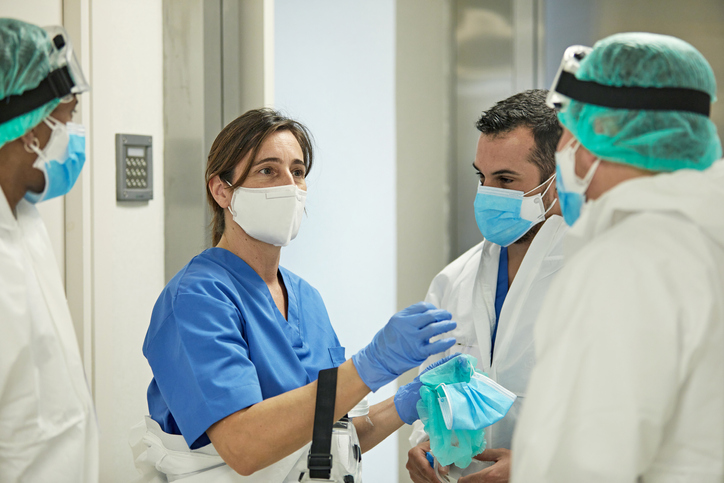Feature
How to Speak Physician
Approaching them, communicating with them and just plain making it work

Prior to becoming a nurse, my impression of the nurse-physician relationship was that physicians wrote the orders and nurses carried them out. Those orders were clear and concise, and everything was great!
Here’s the reality: Physicians do write orders, but nurses must make sure those orders are correct and appropriate for their patients. Nurses must ensure that patients aren’t allergic to the medications prescribed and that there are no contraindications. Nurses must also report critical lab values, relay patient questions/concerns and follow up on treatment plans.
Simply put, nurses are in frequent back-and-forth communication with physicians, often having to approach and interrupt them to make certain they have what they need to take care of patients. This can be very intimidating.
It took me a few years, but I finally established a plan of attack for achieving success in these interactions. Here they are:
Give them their due
Physicians work hard to get where they’re at. So, regardless of whether you like them or not — or whether they’re a seasoned physician or one who’s brand new — address them appropriately and be respectful.


